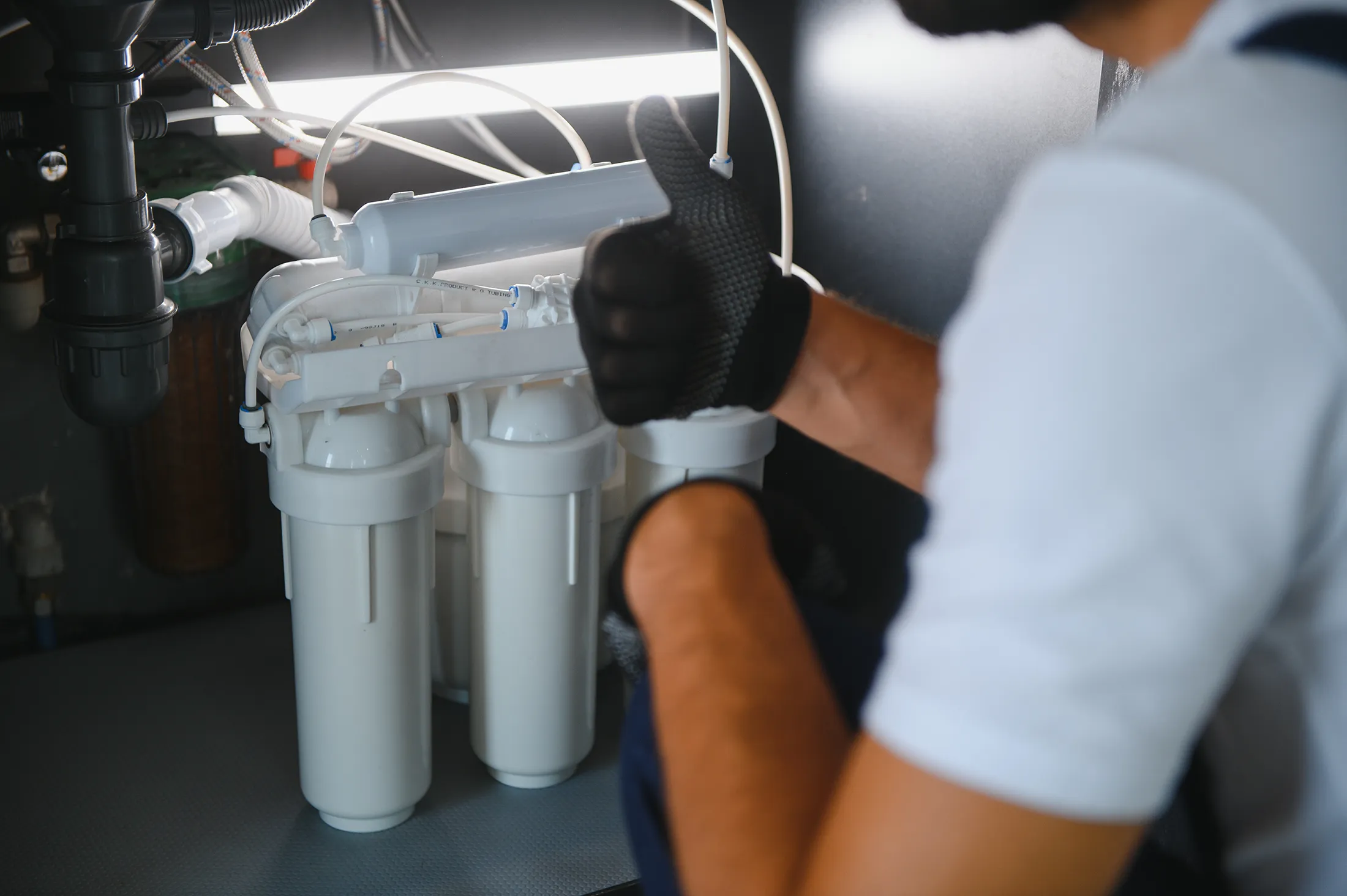Maintaining a watermaker is paramount to ensuring the sustained functionality and reliability of this crucial equipment. Regular maintenance safeguards the performance of essential components, such as filters and membranes, which play a pivotal role in purifying water. Proper upkeep prevents the accumulation of contaminants and extends the lifespan of these key elements, thereby optimizing the watermaker’s efficiency. Neglecting maintenance can lead to a decline in performance, reduced water production, and potential damage to the system, necessitating costly repairs or replacements. Moreover, considering the often challenging environments in which watermakers operate, routine maintenance becomes indispensable to mitigate wear and tear caused by factors like seawater corrosion. Are you looking to answer, “What is the maintenance on a boat watermaker?” Continue reading below to learn more information about this topic.
Regular Maintenance Routines for Watermakers
Watermaker maintenance serves the primary objective of preserving operational functionality. This involves regular tasks such as flushing the system with clean, fresh, chlorine-free water, consistently monitoring the state of primary filters, and timely replacing both primary and final purification filters for seawater. These routine measures are essential for sustaining the effectiveness of a watermaker, ensuring a continuous supply of clean water, and preventing potential issues that could arise from the accumulation of contaminants. Regular checks and replacements contribute to the overall longevity and reliability of the system, safeguarding its performance and minimizing the risk of disruptions in water production.
How Long Do Watermaker Membranes Last?
The membrane is the part of a watermaker that removes the impurities. Generally, high-quality membranes in well-maintained watermaker systems can last anywhere from one to five years. Regular maintenance, which includes tasks like flushing the system with clean water and monitoring and replacing filters in a timely manner, plays a crucial role in extending the life of the membranes. Factors such as water temperature, salinity, and operating pressure can also impact membrane longevity.
How Often Should I Run My Watermaker?
If you have a 12/24v DC watermaker or an AC-powered reverse osmosis watermaker, you will need to know how often to run the watermaker. In general, running the watermaker regularly, even during periods of low water consumption, is advisable to prevent issues such as biological growth and membrane fouling. A commonly recommended practice is to operate the watermaker at least once a week for a brief duration.
How Do You Clean Watermaker Membranes?
Cleaning watermaker membranes is a crucial aspect of maintaining their efficiency and extending their lifespan. The process typically involves a chemical cleaning solution designed to remove accumulated contaminants and biological growth on the membrane surface. To clean watermaker membranes, follow these general steps:
Flush the system: Begin by flushing the watermaker system with clean, fresh, chlorine-free water to remove any loose debris or particles.
Prepare the cleaning solution: Follow the manufacturer’s guidelines to prepare the appropriate cleaning solution. Commonly used solutions include citric acid or specialized membrane cleaners.
Circulate the cleaning solution: Introduce the cleaning solution into the watermaker system and circulate it through the membranes for a specified duration. This allows the solution to break down and remove deposits on the membrane surface.
Rinse the system: After the cleaning process, thoroughly rinse the system with clean, fresh, chlorine-free water to remove residual cleaning solution.
Monitor and test: Periodically monitor the condition of the membranes and conduct water quality tests to ensure that the cleaning process has been effective.
More About ECHOTec Watermakers
Are you still wondering, “What is the maintenance on a boat watermaker?” ECHOTec Watermakers wants to ensure we have answered all the questions that you may have. Contact us today to learn more about AC desalination systems and all of the great products that we have to offer.


